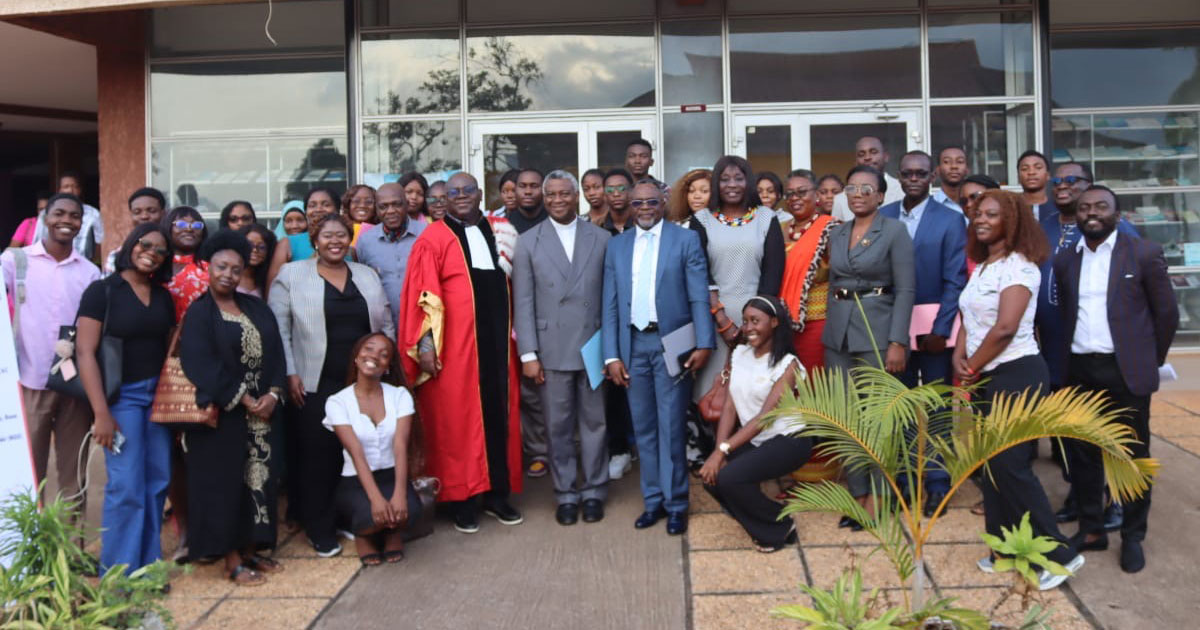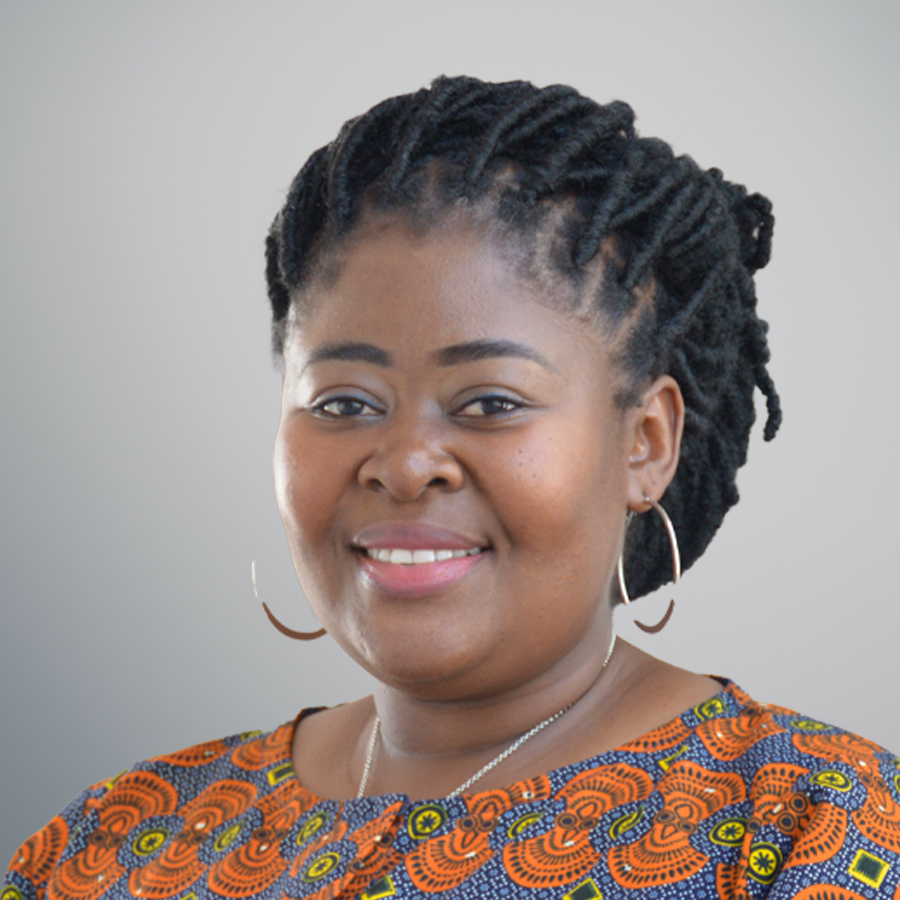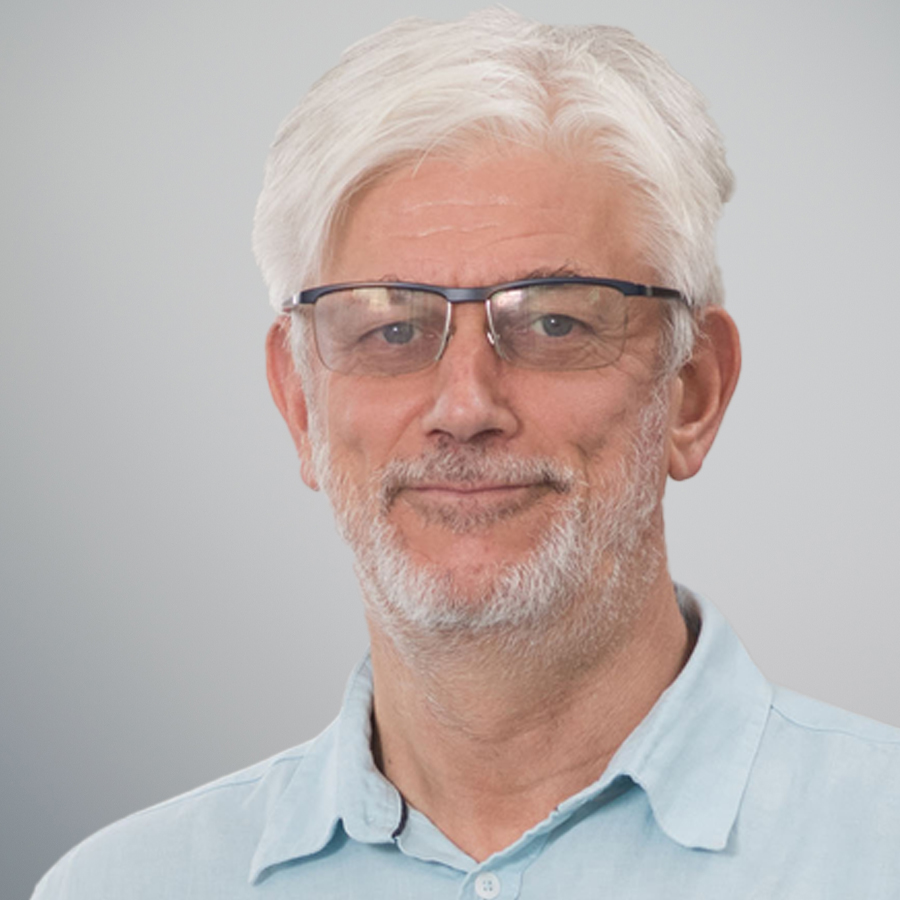On Friday 23 March 2025, the Centre for Human Rights, Faculty of Law, University of Pretoria (Centre) and the Université Catholique d’Afrique Centrale (UCAC) co-hosted the Julius Osega Memorial Lecture at UCAC, Ekonou Campus in Yaoundé, Cameroon. The Julius Osega Lecture is an annual lecture on governance and human rights in Africa, held within the framework of a consortium of 13 African universities that present the Master’s programme in Human Rights and Democratisation in Africa (HRDA). UCAC is one of these partner universities.
About Julius Osega
Julius Osega was a graduate of the HRDA. After graduating, he returned to work with the Uganda Police Service. He was promoted to head the Human Rights Complaints Desk― a position he held until he was deployed to Darfur, Sudan, as part of the African Union force. Julius was killed on 8 July 2008 while on patrol duty in Darfur. He had been deployed to Darfur as part of the UNAMID peacekeeping force. Julius epitomised the true human rights lawyer. He did not shy away from danger in his efforts to promote human rights and democracy. It is the zeal that he had for promoting a culture of human rights that saw him serving in dangerous places such as Darfur and Somalia. His contribution to human rights and democratisation will be remembered especially because he dedicated his life to integrating human rights into policing.
EN - Keynote Speech FR - Keynote Speech
The Memorial Lecture (2025)
Dr Bata Thibaud, Lecturer in International Humanitarian Law, UCAC, facilitated the event. The Rector of the University, Reverend Fr Prof. Thomas Bienvenu Tchoungui gave an opening prayer and welcoming remarks stressing the importance of human rights protection and the need to stem corruption and conflict in Africa. Prof Atangcho Nji Akonumbo, Dean of Law at University of Buea and Lecturer at UCAC, and Dr Michelle Maziwisa, HRDA Programme Manager at the Centre gave welcoming remarks, noting the background of the Julius Osega Lecture, who he was and his life story leading up to the annual commemorative lecture series.
Prof Jean Didier Boukongou, Director of the Academie de la paix et des droits de l’homme en Afrique Centrale (APDHAC) was then invited to give the Keynote Address in which he noted that “corruption is the main driver of conflicts in Africa related to the governance of natural resources whose management is often opaque, lacking transparency, and largely controlled by governments or foreign companies. This situation has often led to irresponsible exploitation of resources and violations of the rights of local communities.” He noted further that corruption leads to political and social instability, weak institutions, displacement, distrust and widening economic inequality. After the Keynote Address, a five-person panel, including Dr Bata Thibaud, Prof Sama-Lang Irène, Head of Department, Public Law and Public Administration, University of Buea and Mr Joél Manfo, Trauma Centre, Cameroon, further dissected the theme of ‘Corruption and conflict in Africa’. Prof Atangcho Nji Akonumbo moderated the panel discussion.
Some of the questions from the audience were about how to amplify the proper, efficient and effective implementation of the African Union’s Maputo Women’s Rights Protocol regarding women’s involvement and participation in peacekeeping, how to stem institutionalized corruption, and how to protect human rights defenders. The question on the protection of human rights defenders sparked debate about balancing selflessness and self-preservation and how human rights defenders can practice self-care in the face of armed conflict and in providing trauma support to victims. Prof Sama-Lang gave a powerful illustration of how Irish women put aside their political, class and religious differences to end the war in Ireland, and that Cameroonian women need to stand together against the long-drawn Anglo-Francophone conflict. In response to the question of what happens when both parties to a conflict are seeking a common interest, or common gains, Prof Atangcho noted that ‘if the superior interest is the vector and causer of conflict, the people suffer’.
An important question was raised regarding the importance of family and African values in the raising of children and uprooting corruption from society. Family is often neglected when discussing corruption, yet families can play an integral role in rebuilding and retraining society by instilling African values of mutual respect, and ‘everyone’s child’ being disciplined by every ‘parent’ which has been eroded by Western values of individualism, and the fear of getting in trouble for disciplining anyone else’s child. Prof Boukongou encouraged the participants to not lose hope noting that ‘when hope is lost nothing can be done, but where there is hope, there is a future, and even if the gains are not seen in the current generation, the benefits of hope and perseverance will be seen by those who come after you’.
The inter-generational discourse on corruption and conflict in commemoration of Julius Osega was attended by 85 participants, including professionals from the ministry of justice, civil society organisations, alumni of UCAC, alumni of the University of Buea and current university students. The Rector gave closing remarks and Prof Atangcho Nji Akonumbo gave the vote of thanks.
The event forms part of the activities of and was supported by the Global Campus of Human Rights. The Global Campus is a network of 8 regional hubs across the world, all presenting masters’ programmes in human rights and democratisation. The Centre is the regional headquarters of the Global Campus African region.
EN - Keynote Speech FR - Keynote Speech
For more information, please contact
Tel: +27 (0) 12 420 6703
michelle.maziwisa@up.ac.za
Centre for Human Rights
Tel: +27 (0) 12 420 3228
frans.viljoen@up.ac.za


